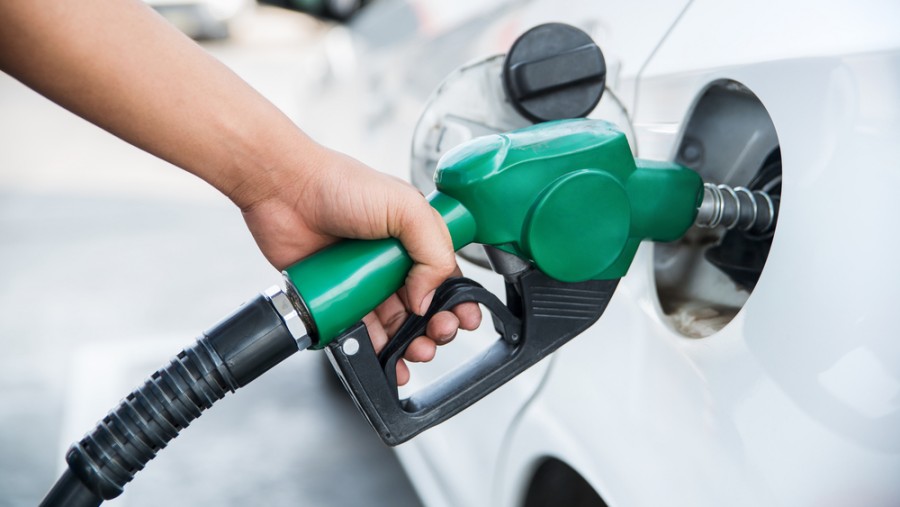The demand for fuel in the country in FY2023 is estimated to spike by over 5.5 per cent despite high crude prices and inflationary pressures in the economy, according to estimates by the oil ministry.
With crude prices ruling above the $100 per barrel, pressure is rising on the government to undertake another excise duty cut for petrol and diesel to rein in the runaway fuel prices and ease the burden on consumers.
The projected increase in fuel demand is likely to provide some cushion for the government to achieve its budget targets despite the cut in excise duty, analysts said.
The overall petroleum product consumption in the country is estimated to grow 5.5 per cent to 214,488 thousand metric tonnes in FY2023 compared with the revised estimates of the last fiscal.
The pick-up in the economy and the forecast of a normal monsoon is likely to boost demand for fuel, analysts said.
While the consumption of petrol is expected to grow by 7.8 per cent to 33,323 TMT, diesel consumption is expected to grow by about 4 per cent to 79,283 TMT during the current fiscal, the PPCA data showed.
The government has collected Rs 3.91 lakh crore in excise duty, which was marginally lower than the revised estimate of Rs 3.94 lakh crore due to duty cuts before the assembly polls to tame inflation. For FY2023, the 2022 Budget has pegged excise collections at Rs 3.35 lakh crore.
In November last year, the government reduced the excise duty on petrol by Rs 5 per litre and on diesel by Rs 10 per litre.
Some states had also reduced VAT that further helped reduce petrol, diesel prices. The government earns Rs 27.90 per liter on petrol and Rs 21.80 per liter on diesel from excise duty.
Sales dip in April
India’s fuel sales fell in the first half of April as a record rise in prices in a short 16-day period dented demand, preliminary industry data showed on Saturday.
Petrol sales fell almost 10 per cent in the first half of April when compared with the same period in the preceding month, while diesel demand slid 15.6 per cent.
Cooking gas LPG, which had consistently shown growth even during the pandemic period, saw a 1.7 per cent month-on-month fall in consumption between April 1 and 15.
Jet fuel price hike
Jet fuel prices were hiked on Saturday by a marginal 0.2 per cent — the eighth straight increase this year — to an all-time high, reflecting a surge in global energy prices.
The price of aviation turbine fuel was increased by Rs 277.5 per kilolitre, or 0.2 per cent, to Rs 113,202.33 per kilo litre in the national capital, according to a price notification of state-owned fuel retailers.
The demand for aviation turbine fuel is likely to spike by 49.2 per cent to 7611 TMT, indicating that the sector could witness increased travel in the coming months, if the new variant of the Covid-19 does not have significant impact.
With benchmark Brent prices over $111 per barrel and the Russia-Ukraine conflict continuing to rise geo-political tensions, Opec has estimated that the oil demand to be muted in 2022 due to slowdown in economic growth and new variant of coronavirus impacting China.
The India Meteorological Department has forecast a fourth successive year of normal monsoon, which is expected to mitigate some inflationary pressure, especially being witnessed in certain food commodities.
In March, the retail inflation rate climbed to nearly 7 per cent triggering fears of an imminent rate hike by the RBI in its next MPC meeting.
The present inflationary pressure has made this year's monsoon season crucial for propelling growth not just for the agriculture sector but for the whole of India Inc.
Aditi Nayar, Chief Economist, ICRA said: "The encouraging forecast of a normal monsoon in 2022 coupled with healthy reservoir levels in all the regions augur well for a timely onset of kharif sowing. However, a good monsoon may not be able to douse the prices of those items that are currently pushing up food inflation in India such as edible oils."











